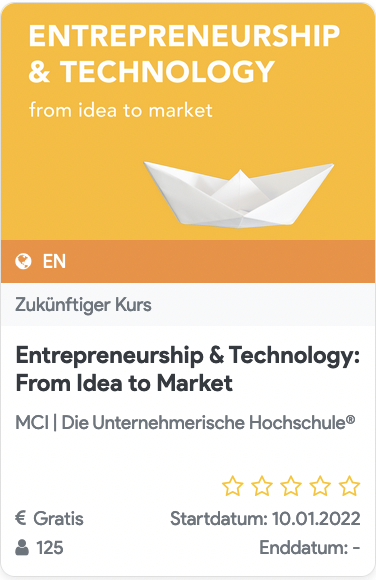 Issue 17(14) of our journal on emerging technologies for learning got published. Enjoy the readings as usual for free :-).
Issue 17(14) of our journal on emerging technologies for learning got published. Enjoy the readings as usual for free :-).
Table of Contents:
- Mapping the MOOC Research Landscape: Insights from Empirical Studies
- A Quasi-Experimental Evaluation of Classes Using Traditional Methods, Problem-Based Learning, and Flipped Learning to Enhance Thai Student-Teacher Problem-Solving Skills and Academic Achievement
- IVUL Model: An Intelligent Learning Development Process
- Mobile Gramabot: Development of a Chatbot App for Interactive German Grammar Learning
- Opening Knowledge Graph Model Building of Artificial Intelligence Curriculum
- Learning Approaches Influence on College Students‘ Digital Literacy: The Role of Self-Determination Theory
- The Feasibility of Practical Vocational Education in Higher Education Institutions
- Use of Knowledge Acquisition Surface to Monitor and Assess Students’ Success
- The Cultivation of Teamwork Quality from the Perspective of Competitive-Complementary Relations
- Operating Mechanism of University Innovation and Entrepreneurship Education and Its Contribution to Regional Economy
- Students’ Experiences of E-learning Practices During COVID-19: A Qualitative Study
- Qualitative Analysis Method for Training of College Students’ Entrepreneurial Resilience from the Perspective of Entrepreneurial Ecological Environment
- Level of Digital Teaching Competence on the Verge of the Post Pandemic
- Enhanced Virtual Reality Plant: Development and Application in Chemical Engineering Education
- The Importance of Learning Resources for University Students During Emergency Remote Learning
- Approach for Eliciting Learners‘ Preferences in Moocs Through Collaborative Filtering
- The Application of Blended Learning with a Community Science Technology Approach to Improve Student Learning Outcomes in Higher Education
- 3D Molecular Interactive Multimedia for Building Chemistry Students‘ Spatial Ability
Nevertheless, if you are interested to become a reviewer for the journal, please just contact me 🙂 .


